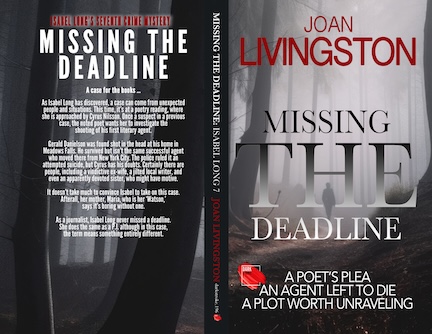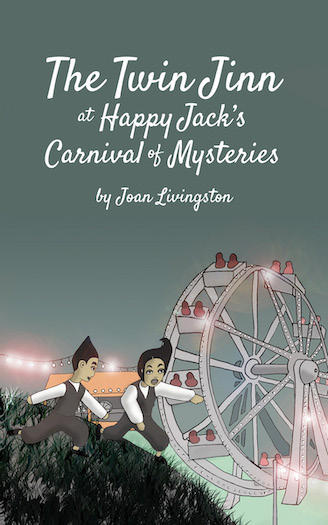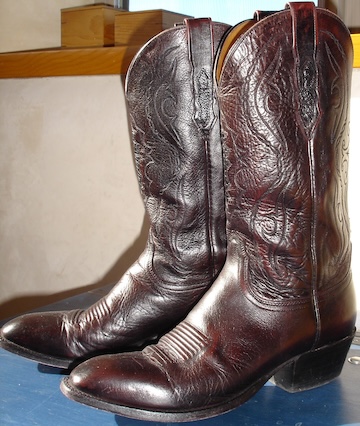It’s a fact of my writing life that most of my book sales are digital. I’ve grown to accept that because it means attracting — and hopefully keeping — readers far from where I live. But I have great news for those who prefer a book in hand. Missing the Deadline, no. seven in my Isabel Long Mystery Series, is now available in that format.
So I will jump right to it, here is the link to Missing the Deadline.
As my publisher, darkstroke books, prefers, the Kindle version is released first, typically three months before the paperback is released. Frankly, I find the release of both an exciting development.
So, what’s this book about?
As it has happened before, Isabel finds her next case in an unlikely place — at a poetry reading. Cyrus Nilsson, aka the Big Shot Poet, is trying to make amends to the late Cary Moore, who you might remember was a highway worker who wrote poetry good enough for him to steal. He was even a suspect in that case, Isabel’s third. But the reading is to promote Cary’s book, ‘Country Boy,’ which Cyrus worked hard to get published.
Cyrus asks Isabel about taking on a case after the event, which was SRO at Penfield Town Hall. So, what’s this one about? Cyrus’s first literary agent, Gerald Danielson, was found shot in the head and near death outside his home three years ago.
Gerald survived but is not the same hotshot literary agent who moved from New York City to the village of Meadows Falls. Police ruled a failed attempt at suicide. But Cyrus has serious doubts.
And as Isabel pursues this case, she quickly accumulates a list of possible suspects, such as a vindictive ex-wife, a jilted local writer, and even an apparently devoted sister who lives with him.
Isabel also delves into the often frustrating world of publishing, which includes a trip to a literary conference in Vermont. She also explores a part of the hilltowns that is unfamiliar to her.
(By the way, Maria, Isabel’s mother and “Watson,” is glad to have a case once again. She says it’s boring without one.)
The books in my Isabel Long Mystery Series can stand alone, so you don’t need to read the first Chasing the Case. But it’s always my hope is that I will hook you into reading the rest.
PS I am half-way through Finding the Source, no. 8.




